#Epic heroes
Text
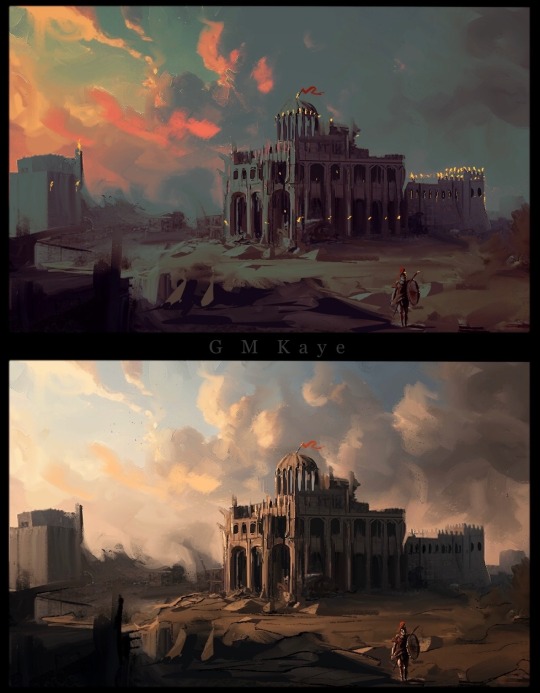
The Temple after sacking - sunrise.
#yes re-reading the Iliad XD#homer's iliad#the iliad#art#illustration#sketchbook#concept art#painting#classical mythology#Greek epic#greek tragedy#hector of troy#achilles#epic heroes#landscape illustration#landscape painting
146 notes
·
View notes
Text
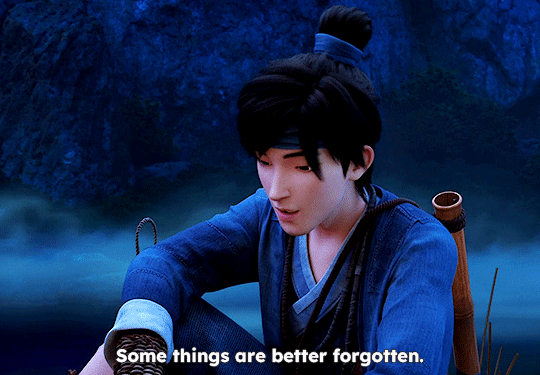
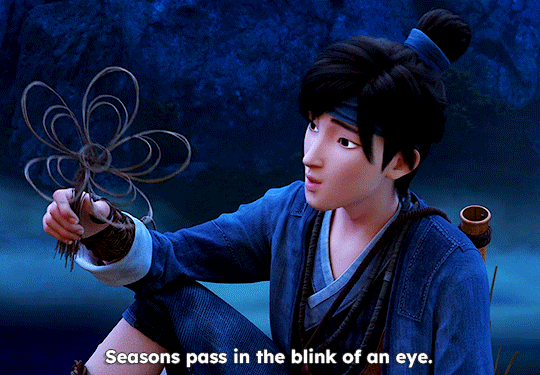
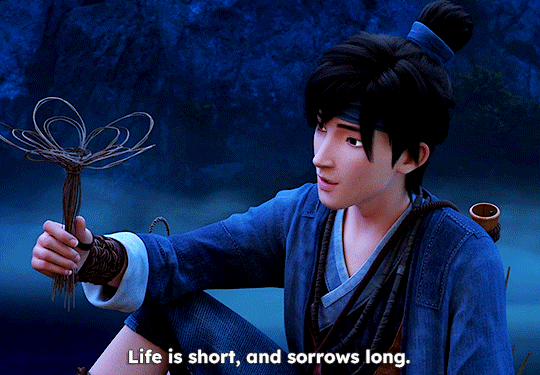
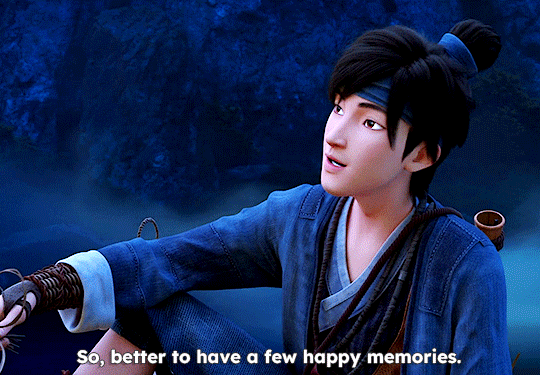
White Snake 白蛇 缘起 (2019) — dir. Zhao Ji, Amp Wong
#white snake#whitesnakeedit#chinese cinema#chineseartistsinc#chinesemedia#asiancentral#asiandramasource#filmgifs#moviegifs#userfilm#fyeahmovies#world cinema#worldcinemaedit#dailyanimatedgifs#animationsource#animationsdaily#motionpicturesource#epic heroes#userbbelcher#!gifs
29 notes
·
View notes
Text
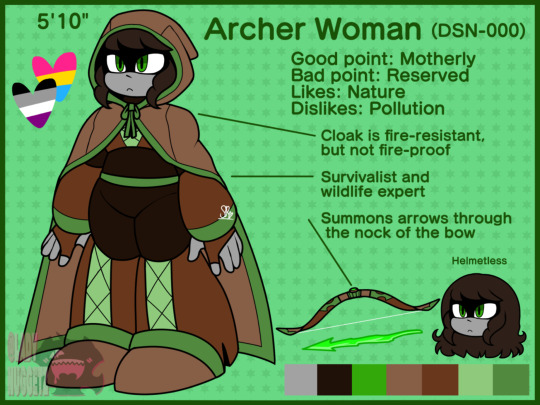
the silly
made by @lady-nuggetz
17 notes
·
View notes
Text
A Timeless Journey through Epic Tales

"The Iliad & The Odyssey," translated by William Lucas Collins, is an awe-inspiring compilation of two of the greatest literary masterpieces in human history. Homer's epic poems have transcended time and culture, and Collins' translation successfully captures the essence, grandeur, and emotional depth of these ancient Greek classics.
"The Iliad" tells the story of the Trojan War, a conflict between the Greeks and Trojans that unfolds with a cast of legendary characters like Achilles, Hector, and Odysseus. Collins' translation maintains the poetic qualities of the original text while making it accessible to modern readers. His language is evocative, and he skillfully preserves the rhythmic cadence of the narrative. The vivid descriptions of battles, the clash of gods and mortals, and the underlying themes of honor, glory, and fate come to life in Collins' rendition.
Moving on to "The Odyssey," the adventures of Odysseus as he journeys home from the Trojan War are equally captivating. The translation maintains the narrative's episodic nature, where Odysseus encounters mythical creatures, endures hardships, and displays remarkable cunning on his quest to return to Ithaca. Collins captures the essence of Odysseus' character – his intelligence, resilience, and yearning for home – making it easy for readers to empathize with the hero.
What sets Collins' translation apart is his ability to convey the emotional depth of these ancient tales. From the grief of Achilles to the longing of Penelope, the characters' emotions resonate with authenticity. His translation captures the nuances of human experiences, making these epic stories relatable across centuries.
The addition of Collins' insightful introductions to both epics provides valuable context and background information, enriching the reading experience for newcomers and seasoned scholars alike. The footnotes, though sparingly used, offer explanations of culturally specific references and help readers navigate the complexities of the narratives.
The hardcover edition is a testament to the enduring appeal of these works. It is beautifully bound, making it a worthy addition to any bookshelf or a thoughtful gift for literature enthusiasts. The inclusion of illustrations and maps enhances the visual experience and aids in understanding the geographical and mythological aspects of the tales.
In conclusion, "The Iliad & The Odyssey" translated by William Lucas Collins is an exceptional rendition of two of humanity's greatest literary treasures. Collins' translation is not just a faithful adaptation; it's a passionate tribute to the timeless stories that have shaped our literary heritage. This edition ensures that Homer's epic poems continue to inspire and enthrall readers for generations to come. Whether you're a first-time reader or revisiting these classics, this book is a must-have for anyone who appreciates the power of storytelling and the enduring legacy of ancient Greece.
"The Iliad & The Odyssey," of Homer translated by William Lucas Collins is available in Amazon in paperback 15.99$ and hardcover 23.99$ editions.
Length of the book: 390 pages
Language: English
Rating: 10/10
Link of the book!
Reviewed by King's Cat
#Homer#Epic poetry#The Iliad#The Odyssey#William Lucas Collins#Greek mythology#Trojan War#Odysseus#Achilles#Heroic journey#Ancient Greece#Classic literature#Translation#Mythical creatures#Epic heroes#Homecoming#Literature classics#Human experiences#Hardcover edition
4 notes
·
View notes
Text
Old English: The Anglo-Saxon Foundations (450-1150 AD)
Old English, also known as Anglo-Saxon, is the earliest recorded form of the English language, spoken in England and southern Scotland from around the mid-5th century to the mid-12th century. It evolved from the languages spoken by the Germanic tribes who migrated to Britain during the early Middle Ages, primarily the Angles, Saxons, and Jutes.
Here are some key aspects of Old English:
Germanic…
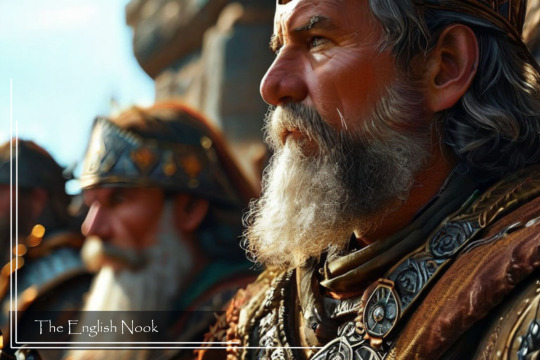
View On WordPress
#Anglo-Saxon culture#Anglo-Saxon poetry#Beowulf epic#Christianization of England#Early English literature#education#English#english-language#english-learning#Epic heroes#Germanic languages#Historical English literature#language#language-learning#learn-english#learning#Linguistic evolution#Literary analysis#Medieval English texts#Medieval poetry#Norse influence#Old English literature#The Wanderer poem
0 notes
Text
From Zelda to Epic Tales: Tracing Hyrule's Footprints in Contemporary Fantas
The Legend of Zelda, with its green-clad hero and captivating world of Hyrule, has been more than just a digital escape for many.
Beyond the pixels, heart containers, and haunting ocarina melodies, it seems Hyrule’s winds have whispered inspiration to the realms of modern fantasy literature.
Let’s dive into that Deku Tree of influence, shall we?
A Link to the Past (and Future):
Time is but a…

View On WordPress
#contemporary epics#epic heroes#epic inspirations#fantasy archetypes#fantasy storytelling#game-inspired narratives#Hyrule#Link#Master Sword#Modern Fantasy Literature#Ocarina of Time#silent heroes#The Legend of Zelda#time-bending#Triforce#video game in literature#world-building#Zelda&039;s influence#Zelda&039;s legacy
1 note
·
View note
Text
A Timeless Journey through Epic Tales

"The Iliad & The Odyssey," translated by William Lucas Collins, is an awe-inspiring compilation of two of the greatest literary masterpieces in human history. Homer's epic poems have transcended time and culture, and Collins' translation successfully captures the essence, grandeur, and emotional depth of these ancient Greek classics.
"The Iliad" tells the story of the Trojan War, a conflict between the Greeks and Trojans that unfolds with a cast of legendary characters like Achilles, Hector, and Odysseus. Collins' translation maintains the poetic qualities of the original text while making it accessible to modern readers. His language is evocative, and he skillfully preserves the rhythmic cadence of the narrative. The vivid descriptions of battles, the clash of gods and mortals, and the underlying themes of honor, glory, and fate come to life in Collins' rendition.
Moving on to "The Odyssey," the adventures of Odysseus as he journeys home from the Trojan War are equally captivating. The translation maintains the narrative's episodic nature, where Odysseus encounters mythical creatures, endures hardships, and displays remarkable cunning on his quest to return to Ithaca. Collins captures the essence of Odysseus' character – his intelligence, resilience, and yearning for home – making it easy for readers to empathize with the hero.
What sets Collins' translation apart is his ability to convey the emotional depth of these ancient tales. From the grief of Achilles to the longing of Penelope, the characters' emotions resonate with authenticity. His translation captures the nuances of human experiences, making these epic stories relatable across centuries.
The addition of Collins' insightful introductions to both epics provides valuable context and background information, enriching the reading experience for newcomers and seasoned scholars alike. The footnotes, though sparingly used, offer explanations of culturally specific references and help readers navigate the complexities of the narratives.
The hardcover edition is a testament to the enduring appeal of these works. It is beautifully bound, making it a worthy addition to any bookshelf or a thoughtful gift for literature enthusiasts. The inclusion of illustrations and maps enhances the visual experience and aids in understanding the geographical and mythological aspects of the tales.
In conclusion, "The Iliad & The Odyssey" translated by William Lucas Collins is an exceptional rendition of two of humanity's greatest literary treasures. Collins' translation is not just a faithful adaptation; it's a passionate tribute to the timeless stories that have shaped our literary heritage. This edition ensures that Homer's epic poems continue to inspire and enthrall readers for generations to come. Whether you're a first-time reader or revisiting these classics, this book is a must-have for anyone who appreciates the power of storytelling and the enduring legacy of ancient Greece.
"The Iliad & The Odyssey," of Homer translated by William Lucas Collins is available in Amazon in paperback 15.99$ and hardcover 23.99$ editions.
Length of the book: 390 pages
Language: English
Rating: 10/10
Link of the book!
Reviewed by King's Cat
#Homer#Epic poetry#The Iliad#The Odyssey#William Lucas Collins#Greek mythology#Trojan War#Odysseus#Achilles#Heroic journey#Ancient Greece#Classic literature#Translation#Mythical creatures#Epic heroes#Homecoming#Literature classics#Human experiences#Hardcover edition
1 note
·
View note
Text

Anna Akhmatova, The Complete Poems of Anna Akhmatova: Epic and Dramatic Fragments and Long Poems; from ‘Poem Without a Hero’, tr. Judith Hemschemeyer
#anna akhmatova#the complete poems of anna akhmatova#epic and dramatic fragments and long poems#poem without a hero#poetry#excerpts#o
2K notes
·
View notes
Text
I will never understand how Odysseus has all the braincells while also having none of them at the same exact time. He is an amazing war general and is insanely smart but has the attention span of a rat fuelled by the need to cause chaos simply because he is bored. He can't listen to one thing while getting distracted by the thing he was specifically told not to touch.
#this man will forever be an enigma#odysseus#the odyssey#homer's odyssey#the iliad#homer's iliad#ancient greek mythology#greek mythology#ancient greek#greek myth#greek mythology memes#greek myth memes#greek heroes#greek stuff#greek posts#greek blog#epic the musical#epic: the musical#epic the troy saga#epic: the troy saga#epic the cyclops saga#epic: the cyclops saga#epic the ocean saga#epic saga
2K notes
·
View notes
Text

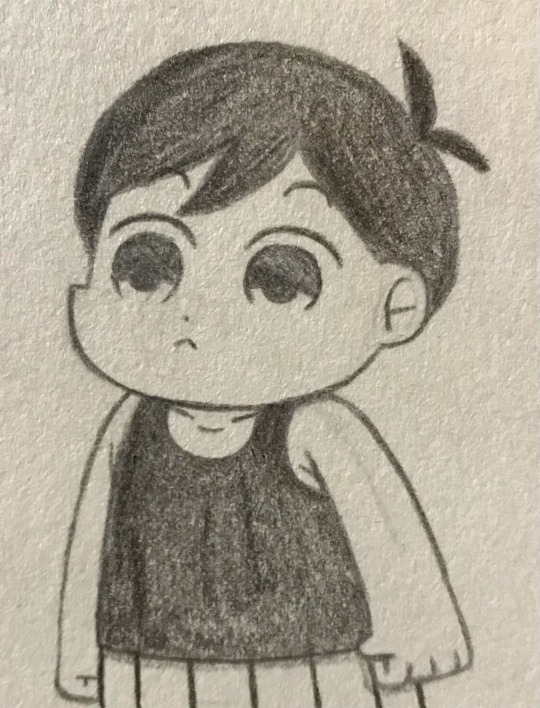

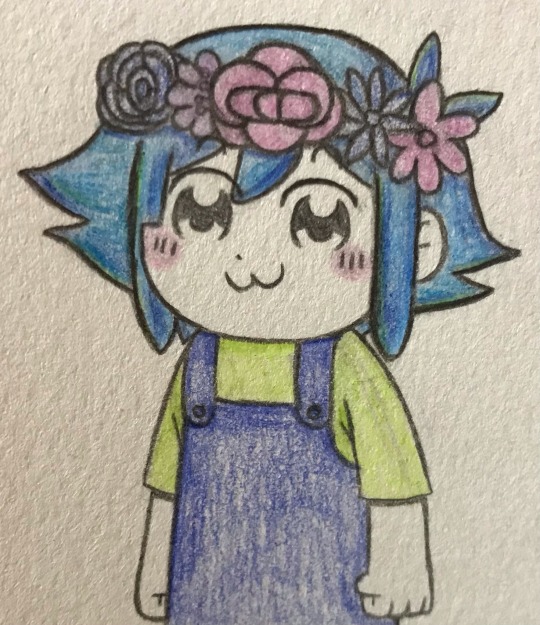
What have I done
#omori#omori fanart#omori fandom#omori art#omori game#omori sunny#omori mari#omori hero#omori aubrey#omori kel#kel#omori basil#omori headspace#pop team epic#meme#sorry if I didn't get Basil's hair color right :/#drawing#my artwork
512 notes
·
View notes
Text
this fandom doesn't get dabi tbh. Like outside of the aesthetic, if given half the chance, he would have become a workaholic to rival his dad. Like he'd complain about it more than Enji tho, but he'd still be out there working his ass off.
#looking back at all the shit touya was masterminding....#we thought he was being lazy everytime he disappeared from lov scenes but no he was in his own spy manga#creating epic revenge plots#dabi#the man is EXTREMELY DILIGENT#like incredibly so#he makes mistakes mind you#keigo was a huge mistake#and by keigo i mean realizing the HSPC has trained assassins to pose as heroes and maybe trying to bait one wasn't the best idea#BUT Dabi really thinks well on his feet#amazingly so#getting twice's blood in a pinch#figuring out shouto's phosphorus etc#he's a hard worker because he's always had to be.
1K notes
·
View notes
Text

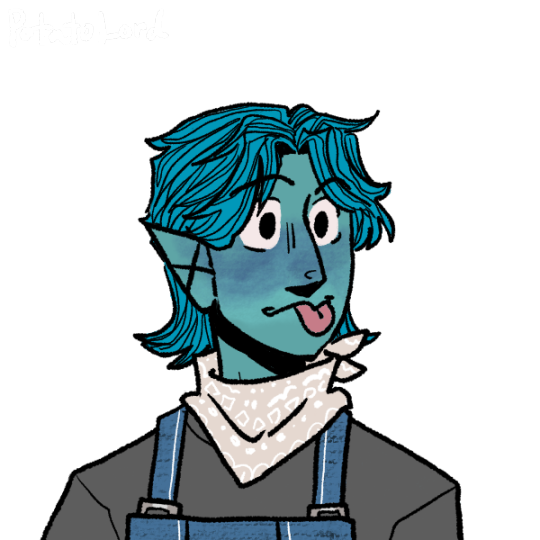
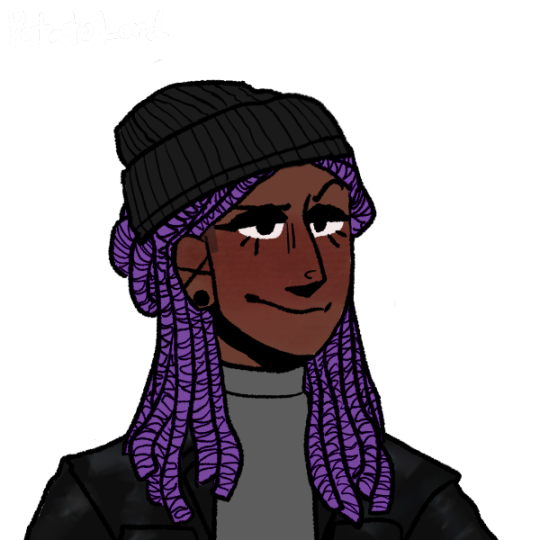
My OCs (aka the Epic Heroes) in @potato-lord-but-not ‘s Picrew!
From Top to Bottom:
Katie (She/He)
Virre (It/Its)
Zena (She/Her)
More on them later!
1 note
·
View note
Text
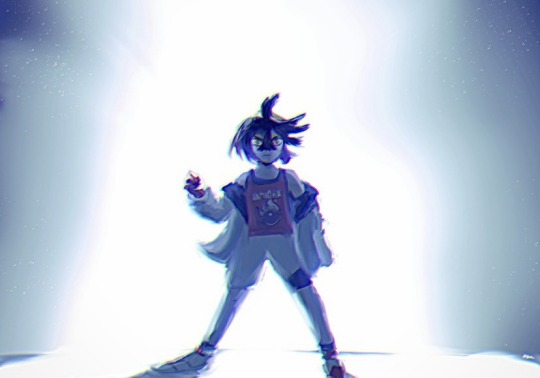
BB Academy League Champion Kieran has challenged you to a battle!
#the teal mask#pokemon dlc#pokemon sv#pokemon fanart#kitakami#trainer kieran#kieran pokemon#rival kieran#the indigo disk#the hidden treasure of area zero#I was listening to battle against a true hero remix and made me drew this#don’t know why it reminded me of Kieran#I guess it’s the inevitable encounter with him again in blueberry academy and we hold an epic battle#Orrr cause of the determination. That’s it#my art
628 notes
·
View notes
Text
random obscure pjo/hoo/etc moments I think about #4:
the time in tlo when percy confronts the minotaur again and imagines himself with red eyes before he absolutely annihilates it?? (and how absolutely cool it would be if they actually did a red glint in walker's eyes in s5)
#the red eyes were epic#no finale book did it like tlo#annabeth chase#rick riordan#pjo fandom#percabeth#pjo tv show#percy jackon and the olympians#heroes of olympus#pjo tv series#pjo disney+#pjo series#percy x annabeth#percy series#percy pjo#percy and annabeth#percy jackson headcanon#pjoverse#pjo hoo toa#pjo hoo toa tsats#hoo#riordanverse#rrverse#nico di angelo#pjo fanart#percyjackson#perseus jackson#percy jackson#pjo#pjo fic
277 notes
·
View notes